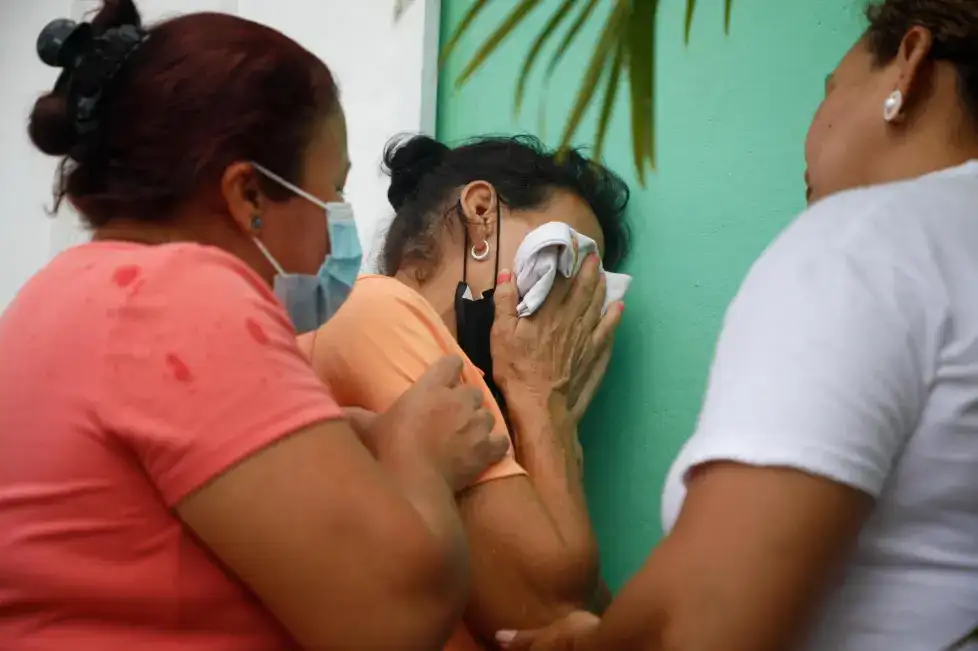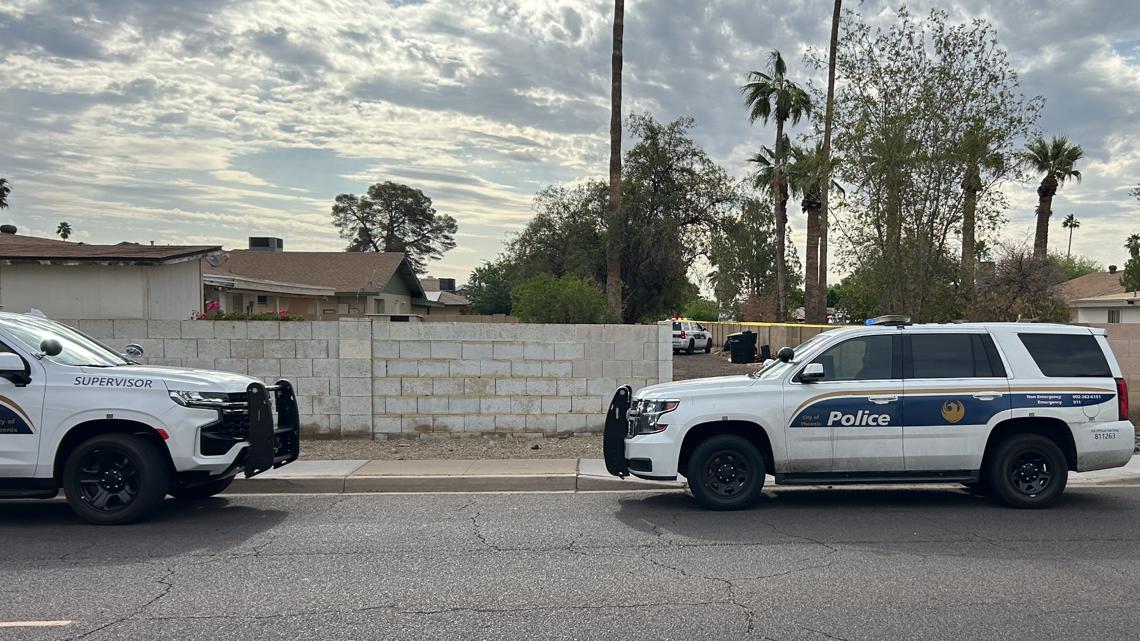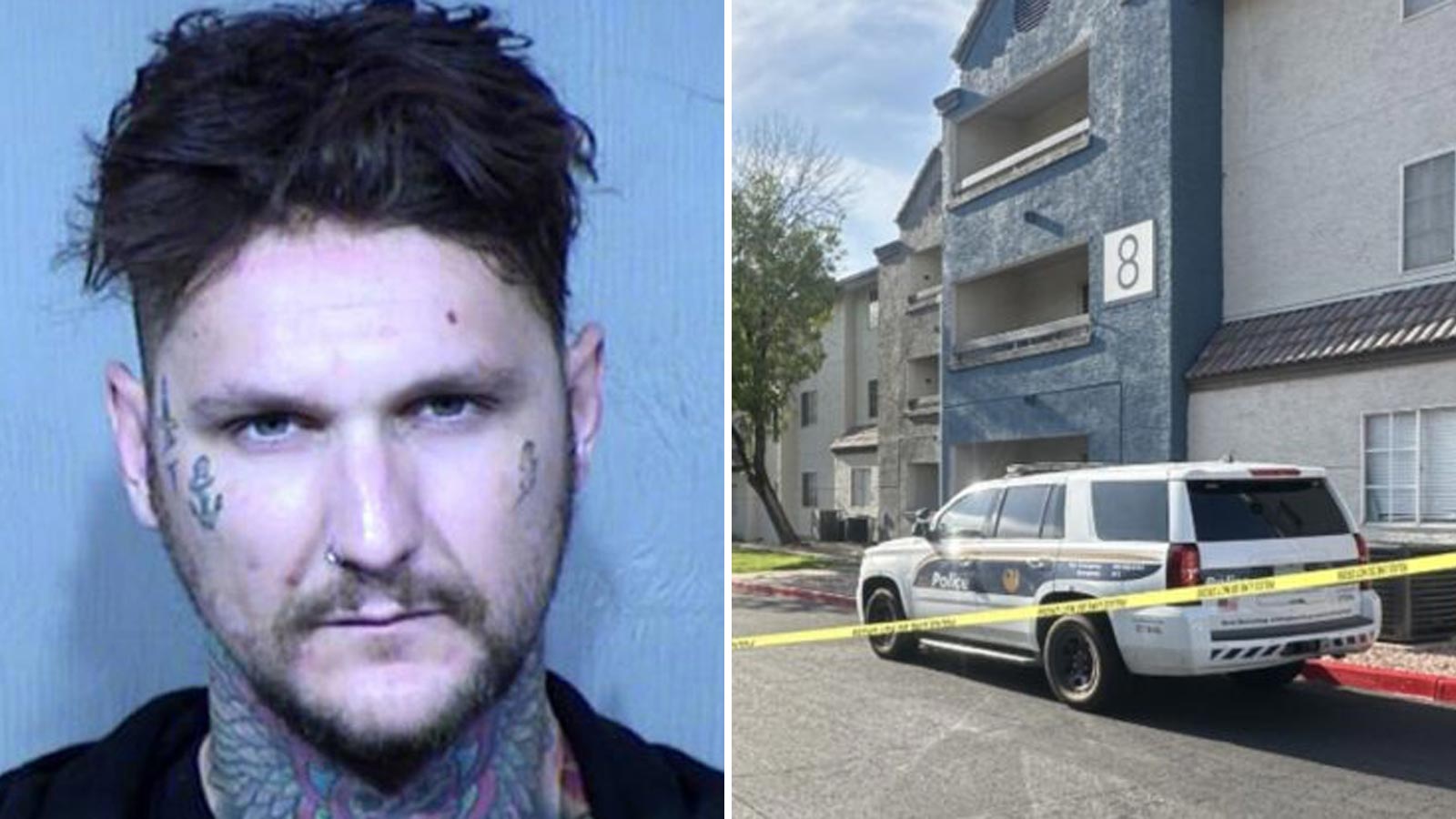In Honduras, a shocking incident occurred at a women’s prison where gang members brutally attacked and killed 46 fellow inmates. The assailants, belonging to the notorious Barrio 18 gang, armed themselves with prohibited weapons and were able to bypass the guards. They approached their victims, spraying them with gunfire and hacking them with machetes. To trap the survivors, they locked them inside their cells and doused them with flammable liquid. The intensity of the ensuing fire left the prison cells blackened and the beds twisted with heaps of metal.

Relatives of the inmates revealed that they had been receiving threats from gang members for weeks leading up to the incident. Astonishingly, the attackers managed to acquire firearms, machetes, and even locks to facilitate their heinous acts. Security cameras captured the attack until they were destroyed by the gang members themselves.
President Xiomara Castro described the riot as a “monstrous” planned event by the street gangs, which had the knowledge and acquiescence of security authorities. In response to the tragedy, Castro dismissed the Security Minister and appointed a new head of the National Police. However, it remains unclear how the gang members gained access to weapons and freely moved within the prison.
Following the riot, a significant amount of weaponry was discovered, including pistols, an assault rifle, machine pistols, and grenades, all smuggled into the prison. Investigations are underway to determine any potential human failures within the facility’s staff.
The attack resulted in 26 victims being burned to death, while others were shot or stabbed. Some survivors are receiving medical treatment at a hospital. The death toll surpasses previous incidents such as a fire in a Guatemalan female detention center in 2017, where 41 girls died, and a fire in a Honduran men’s penitentiary in 2012, which claimed the lives of 361 inmates.
Family members of the victims had received warnings about escalating tensions within the prison. Gang members were reportedly out of control and engaged in frequent clashes. Authorities described the killings as a terrorist act, acknowledging the significant influence of gangs within the prison.
The violence is seen as a response to recent attempts by authorities to crack down on illicit activities and organized crime within the prison system. Gangs exert significant control over the country’s prisons, setting their own rules and engaging in illegal activities. The incident highlights the ongoing challenge of preventing the smuggling of drugs, weapons, and explosives into prisons.
As families anxiously awaited news about their loved ones, officials began the difficult task of identifying the bodies, some of which were severely burned. The incident may intensify pressure on Honduras to adopt stricter measures in prisons, similar to neighboring El Salvador’s zero-tolerance policies implemented by President Nayib Bukele. While El Salvador’s approach has faced criticisms for human rights violations, it has been popular in a country deeply affected by gang violence.
The investigation into the prison massacre is ongoing, and the country continues to grapple with the aftermath of this horrific event.
READ ALSO: Unusual Murder Case Reveals EMT’s Mood Before Hallucinating Man’s Asphyxiation Death




